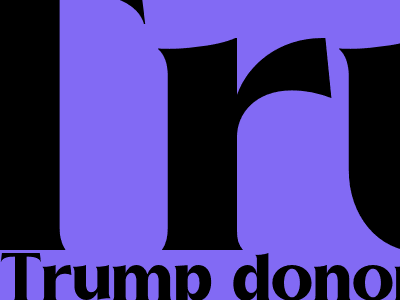
Trump Donor Scott Bessent Calls Harris' Unrealized Gains Tax Proposal a 'Doomsday Machine'
Bessent's Comments Come Amid Wider Republican Opposition to the Proposal
Scott Bessent, a prominent Republican donor and former finance chairman for the Republican National Committee, has criticized Senator Kamala Harris' proposed "unrealized gains" tax, calling it a "doomsday machine" that would "destroy" the economy.
Bessent's comments add to a chorus of Republican opposition to Harris' proposal, which would tax the unrealized capital gains of wealthy Americans annually. The proposal has been criticized by many Republicans as being too punitive and would discourage investment and economic growth.
Bessent's Specific Concerns About the Proposal
In an interview with Fox News, Bessent laid out his concerns about Harris' proposal, arguing that it would target "successful entrepreneurs who have built businesses that create jobs." He also claimed that the tax would be "impossible to administer" and would "create a huge bureaucracy." Additionally, Bessent argued that the tax would disproportionately impact small businesses and family farms.
Republican Opposition to the Proposal
Bessent's comments reflect the broader Republican opposition to Harris' proposal. Several other Republican lawmakers have also criticized the proposal, including Senate Minority Leader Mitch McConnell, who called it "a terrible idea" that would "hurt the economy." The Republican National Committee has also condemned the proposal, calling it "a wealth tax by another name."
Conclusion
Scott Bessent's criticism of Harris' unrealized gains tax proposal adds to the chorus of Republican opposition to the plan. The proposal has been criticized as being too punitive and as discouraging investment and economic growth. It remains to be seen whether Harris' proposal will gain traction in Congress, but it is clear that it faces significant opposition from Republicans.